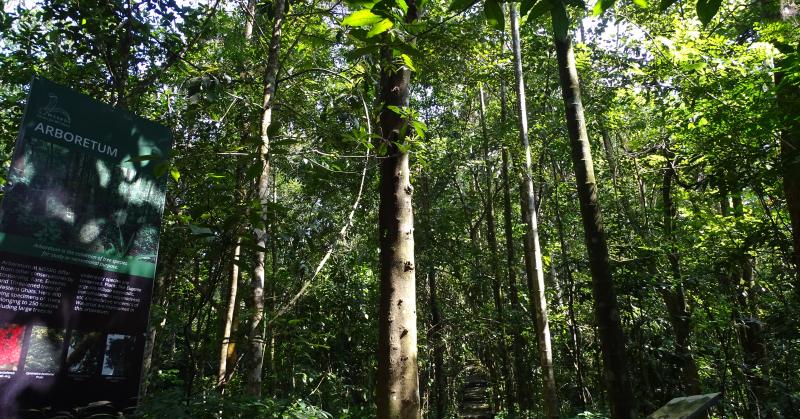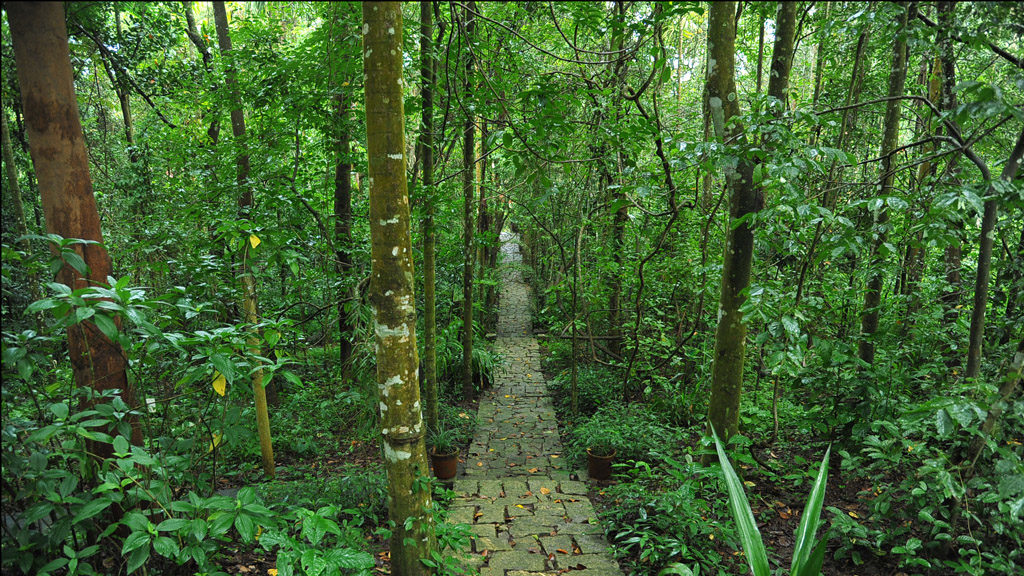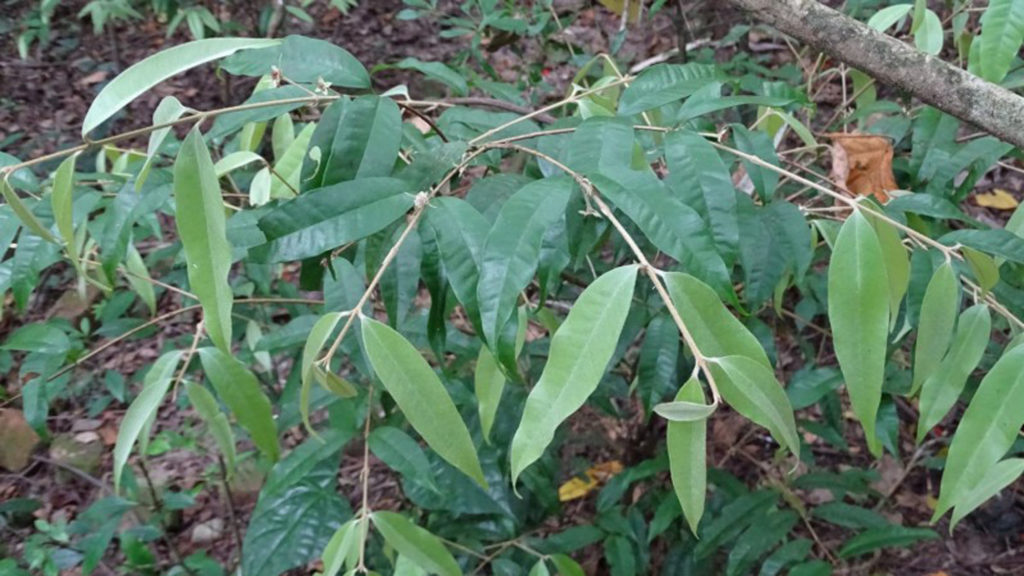
M S Swaminathan Botanical Garden (MSSBG) has been awarded a Level 1 Accreditation by The ArbNet Arboretum Accreditation Program and The Morton Arboretum, for achieving particular standards of professional practices deemed important for arboreta and botanic gardens. This accreditation program, sponsored and coordinated by The Morton Arboretum in Lisle, Illinois in cooperation with American Public Gardens Association and Botanic Gardens Conservation International, is the only global initiative to officially recognize arboreta based on a set of professional standards. MSSBG is also now recognized as an accredited arboretum in the Morton Register of Arboreta, a database of the world’s arboreta and gardens dedicated to woody plants.
The ecosystem restoration has received increased attention worldwide now a day, as there is a counter-movement to mitigate the world’s ecosystem destructive impacts [1]. Any ecosystem has an intrinsic capacity and potential to rejuvenate on its own. Ecological restoration efforts emphasis to help natural ecological processes regeneration in terms of ecosystem structure and functions through giving inputs that are ecologically safe [2].
The ecosystem destructive impacts were highly visible in Wayanad during the recent floods. A total of 242 geological events in the form of landslides, landslips and land subsidence were witnessed during the 2008 flood in Wayanad (Times of India, Aug 31, 2018). A massive landslide at the Puthumala, Meppadi was triggered as a result of heavy rain in 2019.
MSSRF has begun the ecosystem restoration program in 1992 by studying and locating the Rare Endemic and Threatened trees and degraded open sites including forests and sacred forests. Since 1997, MSSRF has been actively engaged in tree planting across Kerala and Tamil Nadu, and so far have planted over a million trees with saplings of the rare and endangered species. Our scientists had located many such species from forests, ensured multiplication of planting materials, and our partner farmers and women Self Help Groups engage in raising the Nurseries and planting them. The MSSBG, established by MSSRF in 20 acres is an integrated garden for the conservation of Rare Endemic Threatened trees and plant diversity to assist climate change.

The Arboretum of MSSBG consists of about 250 individual mature trees including Rare Endemic and Threatened species of South Western Ghats.

The main attractions of MSSBG Arboretum are Eugenia argentea (a tree endemic to Nilgiri region of South Western Ghats, which had presumed to be extinct but found after140 years. It’s been conserved at MSSBG), Miliusa wayanadica & Miliusa gokhalaei, Memecylon clarkeanum (an endemic and threatened species of Sri Lanka and a new record of India). MSSBG is extending its service not only to conserve keystone plants and acting as a gene bank of plant diversity but it also offers its service in scientific training to students and researchers in bird, frog and butterfly diversity.
1 .Nilsson, C., A. L. Aradottir, D. Hagen, G. Halldórsson, K. Høegh, R. J. Mitchell, K. Raulund-Rasmussen, K. Svavarsdóttir, A. Tolvanen, and S. D. Wilson. 2016. Evaluating the process of ecological restoration. Ecology and Society 21(1):41.
2. FES INTERNAL SOURCE BOOK, Ecological Restoration, August 2008.
